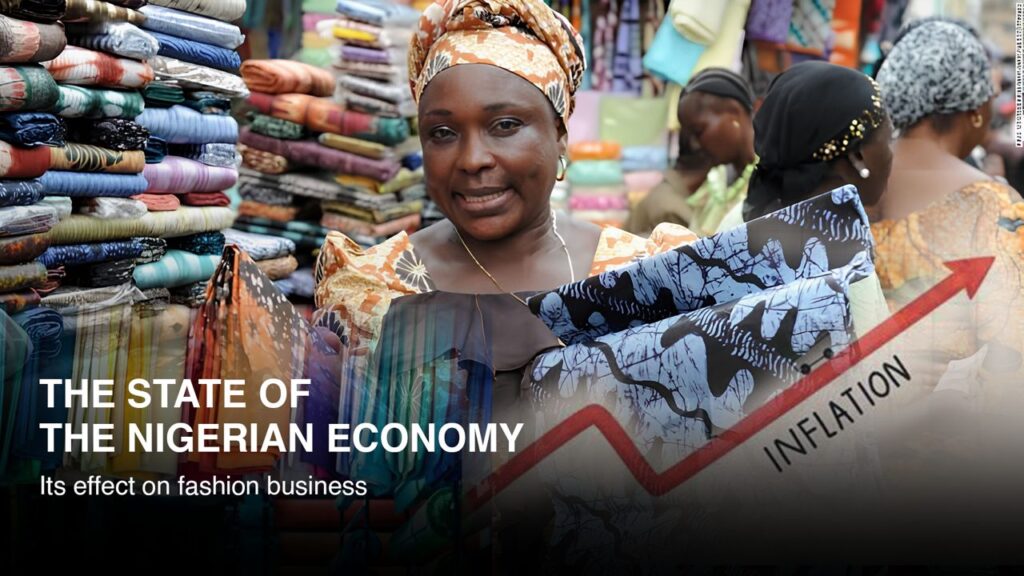
INTRODUCTION
It is no news that the Nigerian economy has been facing a number of challenges for a while now. Inflation being on an all-time high, and the naira being on a steady value decline. The fashion industry hasn’t been unsusceptible to the impact of these challenges. I offer a refreshing perspective on the situation and the fashion industry’s approach to the situation.
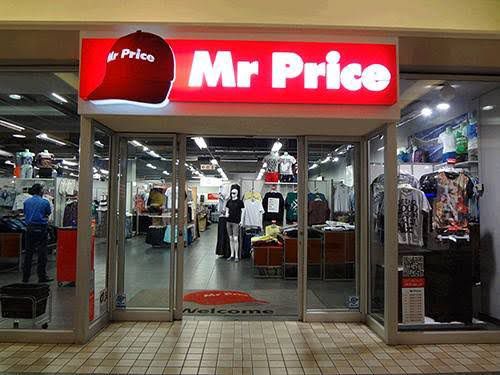
Consumer spending on fashion items has decreased due to the country’s high inflation rate and decreased purchasing power. This has led to reduced profits for retailers who are struggling with rising costs, such as rent, wages, and utilities. Retail clothing stores such as Mr. Price, announced in 2021 to close its business in Nigeria and focus on its home business in Durban, South Africa.
High-end fashion businesses that focus on clothing for special occasions have been hit harder than lower-end businesses because consumers are prioritizing essential items over non-essential items.The Nigerian government has implemented several policies to improve the economy but some of them have had a negative impact on the fashion industry. An example that comes to mind is the increase in import tariffs, which has made it more expensive for fashion houses to purchase fabrics from the dealers who import these fabrics and other supplies from other countries. The high cost of getting these materials has led to delays in production, delivery and proper competitive pricing. I tell no lies when I say that the Nigerian fashion industry is an innovative one. Many designers have devised various ways to combat the economic situation, improve efficiency and reduce cost, all the while maintaining the quality and standards set for themselves. Designers have been working with local artisans to create their products, thereby supporting the local economy and keeping costs down. In addition, designers have been experimenting with new materials and production techniques that are more cost-effective.
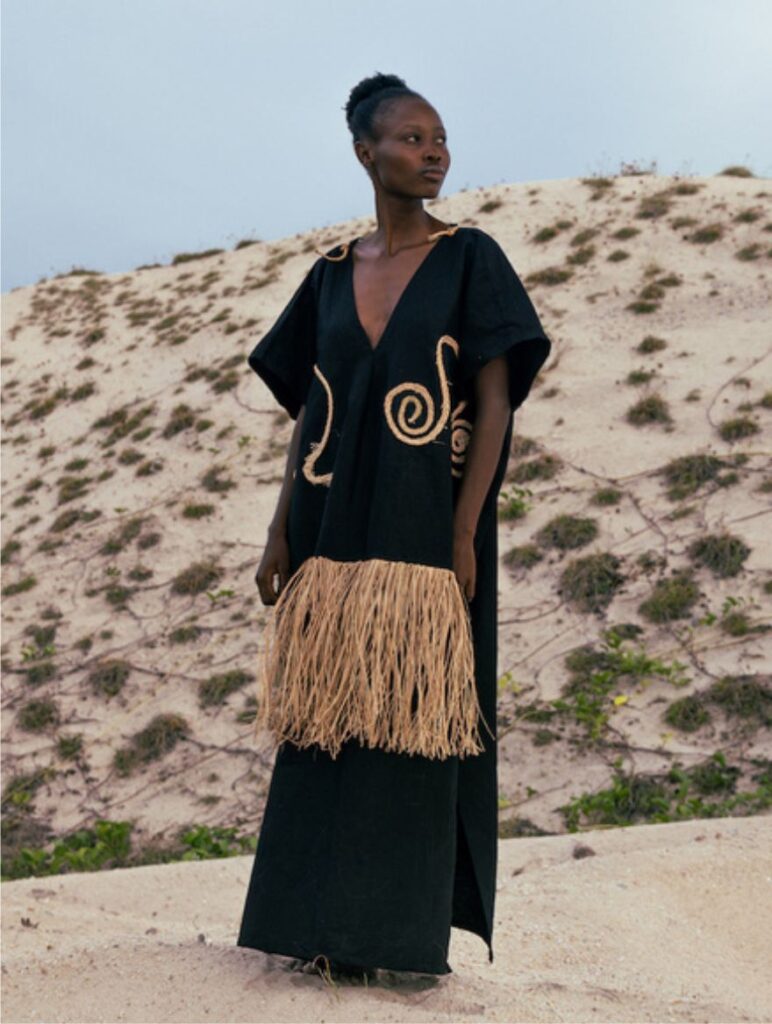
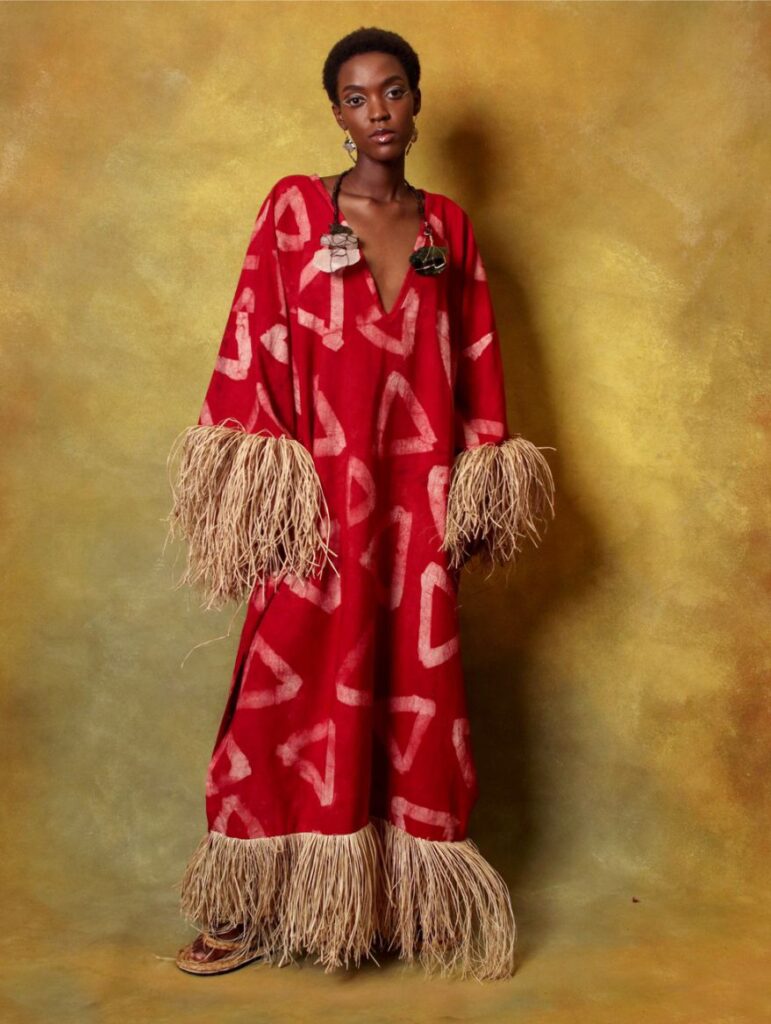
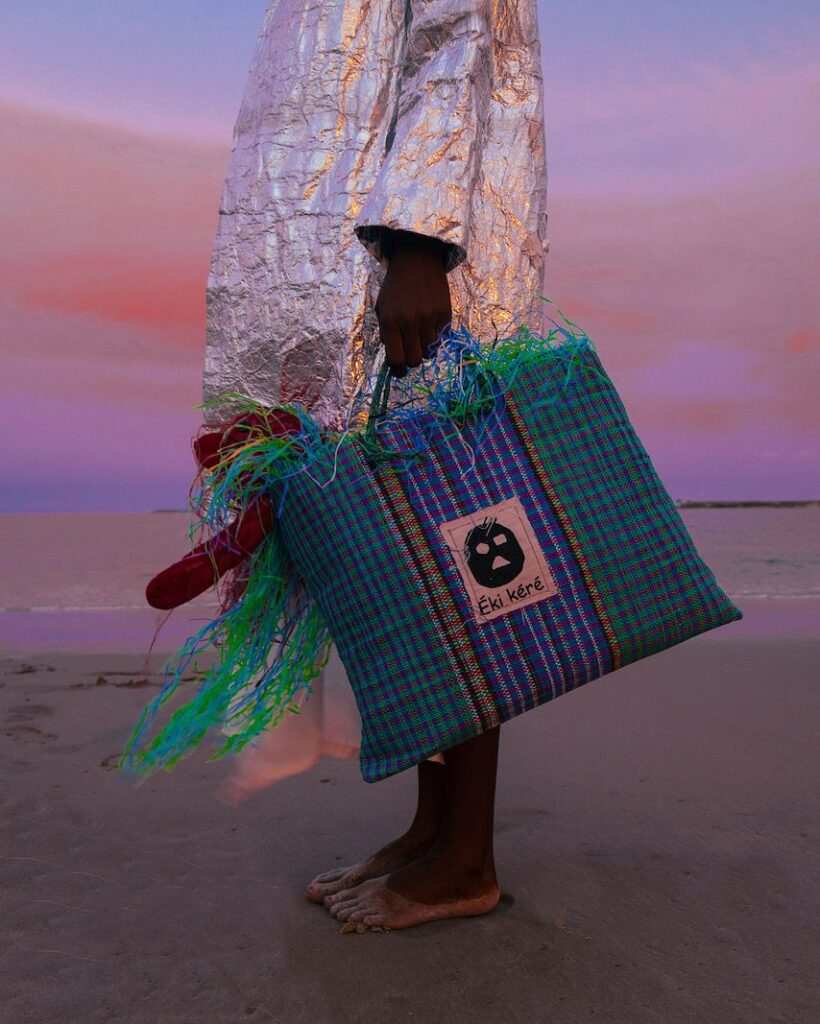
Eki Kere
Fashion houses like Eki Kere prides itself in the use of local materials such as tie-dye fabric, bamboo, raffia and others to make fashion items that are equal parts eco-friendly and stylish
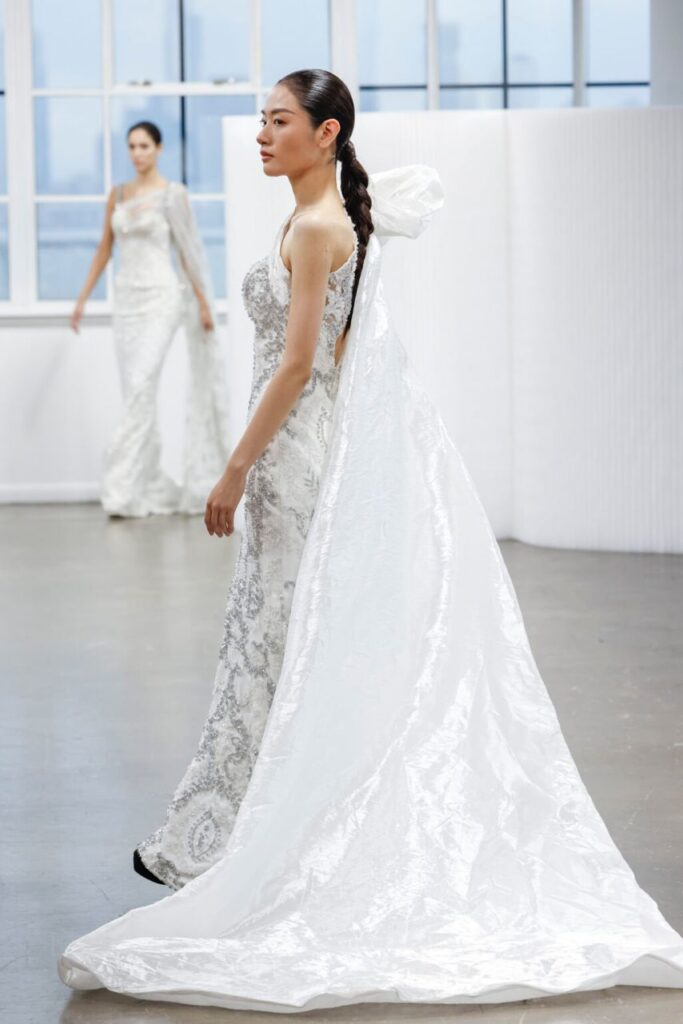
Gia bridals at NYFW
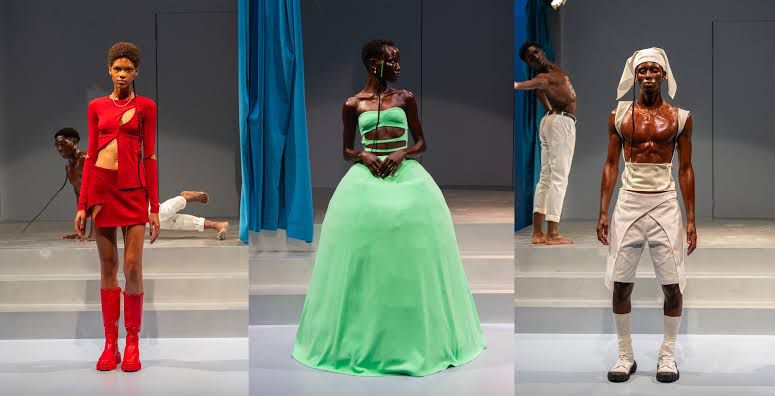
Head of state at NYFW
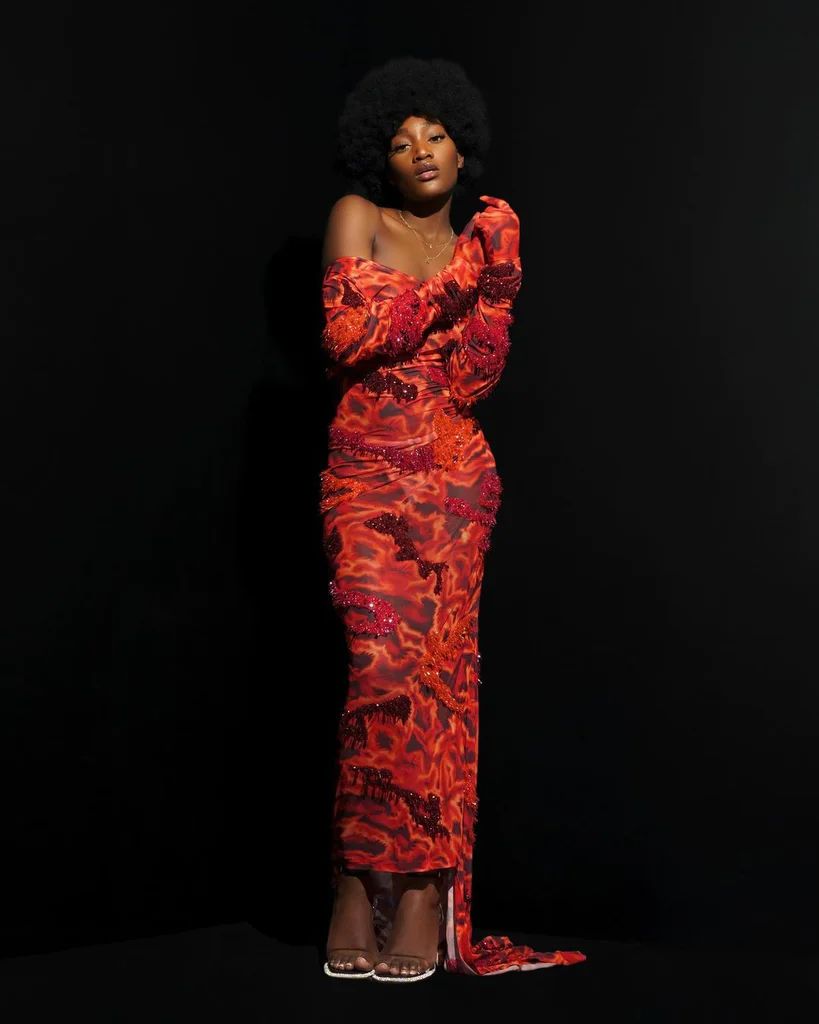
ONALAJA at NYFW
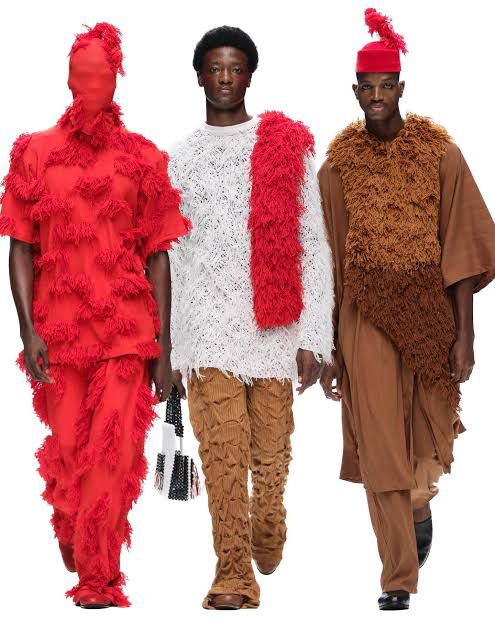
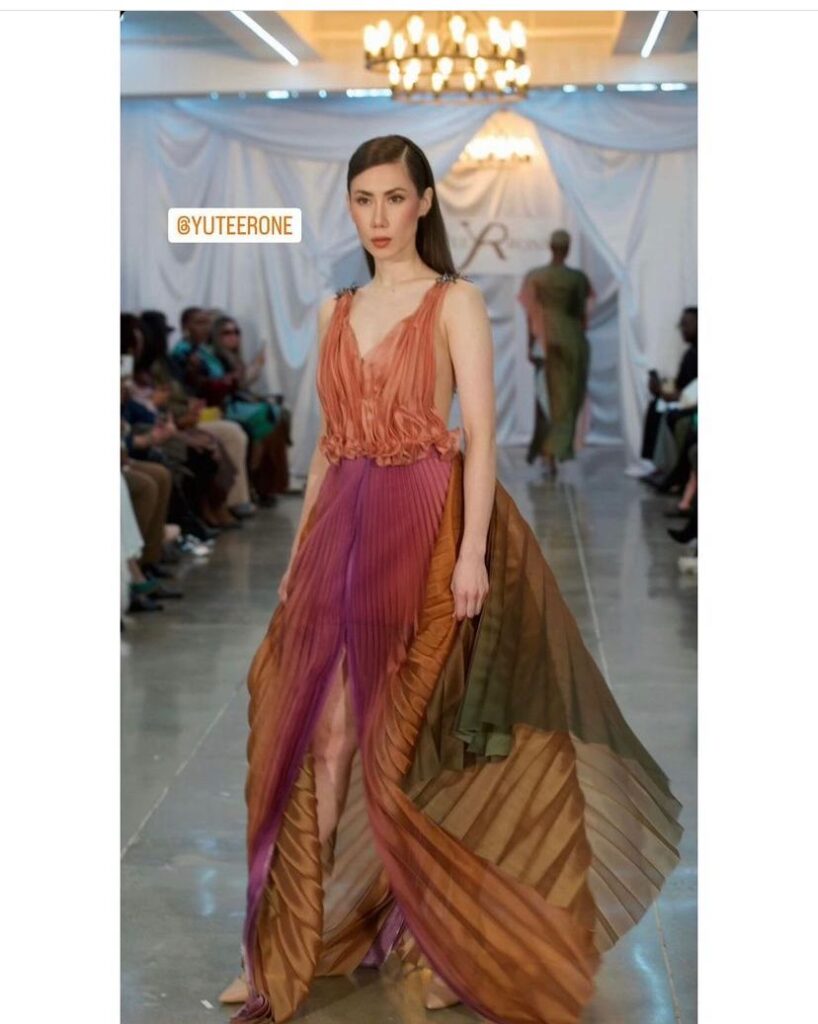
Despite the challenges facing the fashion industry in Nigeria, there is an optimistic outlook. With fashion houses such as Gia Bridals, a Port-Harcourt based Nigerian Brand who showcased its new collection at New York Fashion Week late last year. And this year, Head of State, owned by Taofeek Abijako; Onalaja, owned by Kayinsola Onalaja; Oshobor, owned by Oshobor Odion and Yutee Rone, an eponymous fashion brand, showcased their latest collections at New York Fashion Week, international interest in Nigerian fashion is growing and in turn creating new and better opportunities for designers. It is inspiring to see how the fashion industry in Nigeria is adapting and growing in the face of economic challenges. There is a lot of creativity and innovation happening in the industry, and one can only be excited for the future of fashion in Nigeria.
written by : Adzege Tersur Samuel .

















Leave a Reply